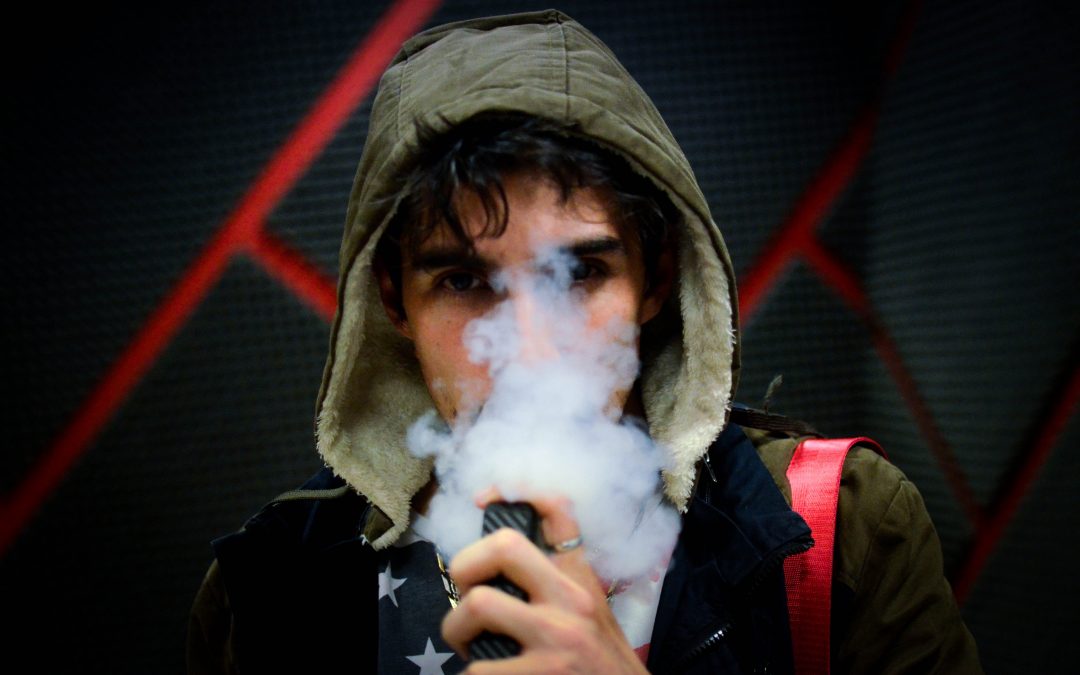I am glad for this report from Colorado Public Radio about the state’s highly disturbing rate of teen vaping and its lack of resources to help these young people beat an addiction that studies show affects their brain development and increases the likelihood that they’ll smoke tobacco.
Colorado tops the nation for teen e-cigarette use with about 27,000 Colorado high school students reporting they use these devices more than 10 days in a month. They are consuming, or “vaping,” concentrated nicotine — and often concentrated THC, the active ingredient in cannabis. Concentrated nicotine and THC can be far more potent than combusted forms of the drug. For example, one pod of nicotine-infused “e-liquid” sold by JUUL is the equivalent of a pack of cigarettes. And 1 ounce of concentrated THC — which Colorado permits people as young as 18 to possess legally — is the chemical equivalent of more than 100 marijuana joints (read more here about how Colorado essentially has no laws limiting THC possession and potency).
As the Colorado Public Radio report notes:
“For medical professionals, like Dr. Christian Thurstone, director of Behavioral Health Services at Denver Health, the teen vaping craze has caught on so fast that they’re now in uncharted territory.
“’Really, we have almost nothing in terms of treatment for these kids,’ he said.
“Thurstone runs programs to help prevent and treat substance abuse in young people. He said research has shown the vast majority of teen nicotine users say they plan to quit, but most don’t. About 8 percent of young smokers with nicotine dependence need specialty treatment and those programs aren’t available in schools, he said.
“There are online resources, hotlines, therapy and coaching to help kids manage nicotine cravings and stop smoking traditional cigarettes, but Thurstone said he couldn’t find any studies about adolescents quitting e-cigarettes.
“’We need some research, fast, in this area,’ he said.
“He also said he doesn’t have any evidence to show if the same tactics that can work for smoking will work for teen vaping.
“’No randomized controlled trials, all we have is anecdotes, and we have to assume that we’re going to treat it like we would treat cigarette smoking in kids,’ Thurstone said.
“He notes the nicotine patches and prescription cessation meds are mostly only federally approved for adults, but there’s little research on how they work for minors.”



We welcome all thoughtful comments, but please abide by our commenting rules